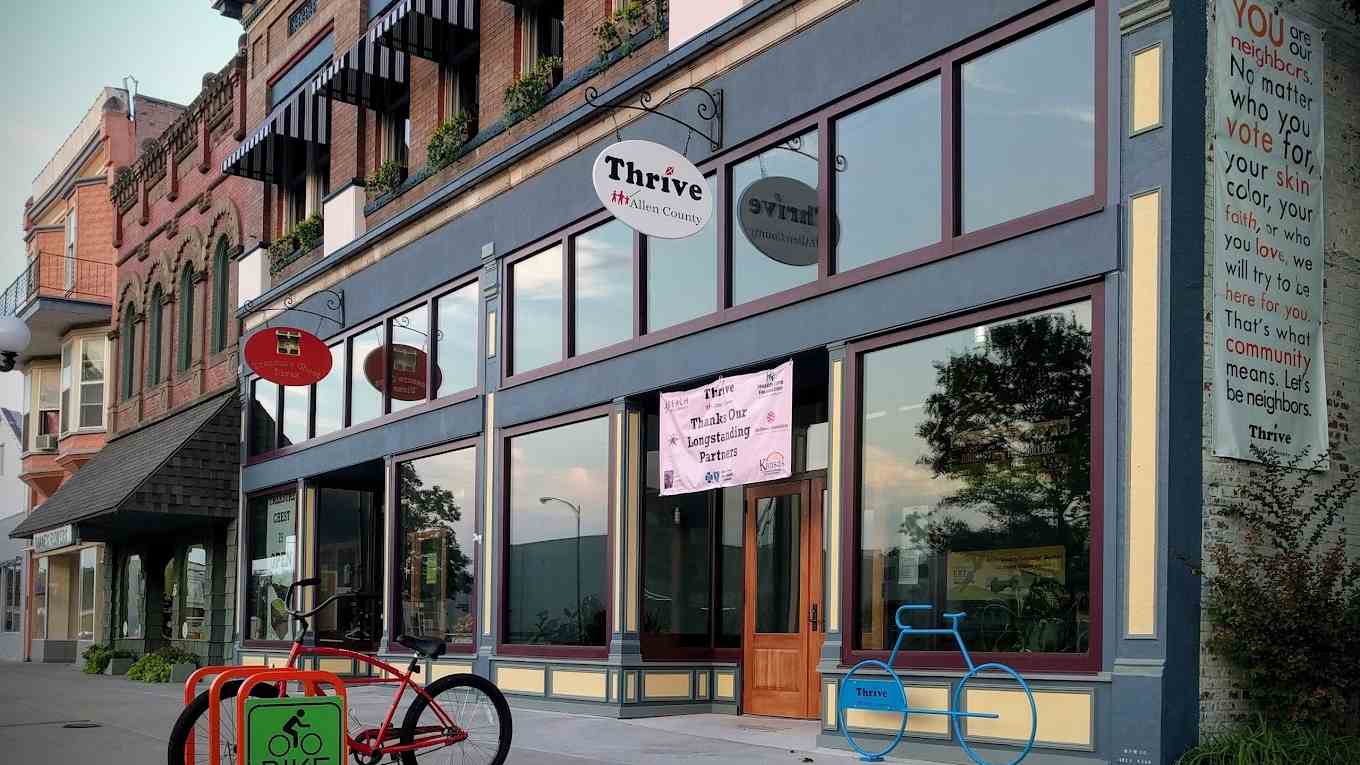How Governments Use Data to Win Grants
By Polco on July 6, 2023

Data makes it easier for grant writers to apply for funding and secure much needed resources for local projects.
Local governments have more funding available to them from federal and state agencies than ever before. But grants are competitive, and local governments must be prepared to back up their applications with data to increase their likelihood of winning.
In Virginia, the Department for Aging and Rehabilitative Services (DARS) frequently applies for grants designed for state and local governments through the Administration for Community Living (ACL), a federal agency that supports older adults. They also find funding opportunities through other state and federal agencies, like the U.S. Department of Agriculture (USDA) and Housing and Urban Development (HUD).
When DARS apples for grants like these, officials use data to make the case for the needs of older adults in the state. One way to collect that data is through surveying.
In 2022, DARS conducted the Community Assessment Survey of Older Adults (CASOA) to understand the needs of the state’s older residents (DARS used COVID relief dollars and designated one-time funding from the state general assembly to conduct the assessment). The agency has since used CASOA findings to write effective needs statements, or problem statements, in multiple grant proposals. The needs statement is part of the grant application where the applicant must identify and explain the problem they are trying to solve with the funds they would receive.
For instance, DARS used CASOA data in their needs statement for a HUD grant related to home modifications for older adult homeowners in rural areas. DARS officials knew from experience that the need for in-home services and home modifications is expansive, and these types of services are often underfunded through the traditional Older Americans Act aging network.
CASOA data showed the majority of Virginia residents plan on staying in their homes as they age. Over half of the respondents to the survey indicated they intended to stay in their homes and age in place. They also found that those aged 75 and older were more concerned that they would not be able to stay in their homes, especially without the needed home modifications.
“Home modifications and in-home services can be really crucial services that can keep people in the community,” said Charlotte Arbogast, Senior Policy Analyst at Virginia DARS.
In collaboration with Polco’s experts, DARS expanded the survey to ask older adult Virginia homeowners about specific home modification challenges. Respondents reported problems with home repairs and home maintenance.

With the data to back up their case, DARS, in collaboration with the Appalachian Agency for Senior Citizens, Bay Aging, and the Southern Area Agency on Aging, won the HUD grant and will be able to use it to help older adults in the rural areas of Virginia get the home modifications they need to age in place.
The Commonwealth Council on Aging, a DARS advisory board, is also weaving the data into a state-funded grant proposal to create micro-learning videos about older adult nutrition programs, which targets both increasing awareness of and enrollment in food programs. Using survey data on food access and nutrition needs for older adults will increase the likelihood of the council winning the funding.
Virginia has 25 Area Agencies on Aging (AAAs), many of which are small and rural. These communities likely do not have resources to do a needs assessment like this on their own. This means that both DARS and the local AAAs can use the data to support their applications for current and future grant opportunities.
“It’s been really nice to support those smaller AAAs by giving them some data, and hopefully they’re working with their local governments to provide some education about the needs,” Arbogast said.
AAAs can partner with local governments and state agencies to write stronger grant proposals by backing up their applications with data. This helps them secure funding for much-needed projects, which in turn make cities, counties, and states more livable for residents of all ages.
Polco Can Helps Governments Win Grants With Data
Local governments of all sizes can use data to increase their likelihood of winning competitive grants. Polco’s surveys, polls, simulations, and data dashboards give governments access to both resident data and public data specific to each city, town, and county. Learn more about how Polco can help you get the funding you need for your community’s most important initiatives.
About Charlotte Arbogast:
Charlotte Arbogast currently serves as a senior policy analyst and regulatory coordinator with the Virginia Department for Aging and Rehabilitative Services (DARS). Her in capacity at DARS, she coordinates the agency’s regulations, assists with tracking federal and state legislation and regulations, provides staff support to the Commonwealth Council on Aging, and serves as the lead writer for Virginia’s State Plan for Aging Services and a subject matter expert on aging policy. In starting her career, Charlotte Arbogast graduated from Virginia Commonwealth University in 2012 with a master’s degree in gerontology and a postgraduate certificate in public management. She previously worked as a health policy analyst for the Virginia Department of Health and a long-term care policy analyst for the Virginia Department of Medical Assistance Services. In her time working at DARS, she has also served as the Commonwealth of Virginia’s first dementia services coordinator. In the spring semesters, she also works as an adjunct instructor with the Department of Gerontology at Virginia Commonwealth University.
Related Articles
Popular posts
Sign-up for Updates
You May Also Like
These Related Stories

How A Health Non-Profit Leverages Polco Data To Secure Critical Grants

AI in Action: How Governments Are Turning to Technology to Drive Change


